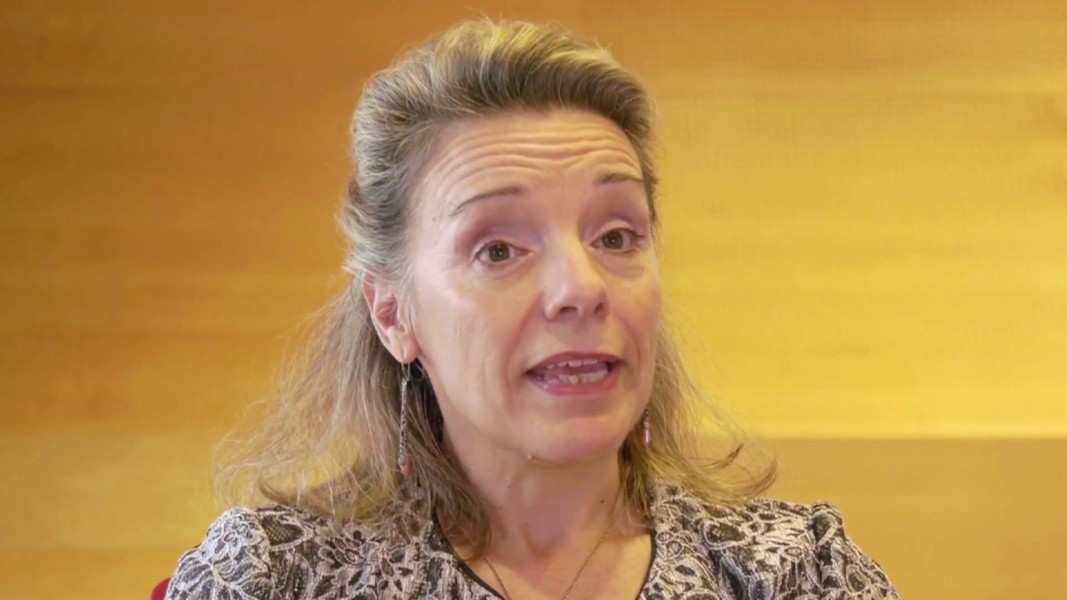Digital technologies and digitalization have already changed a significant part of our way of life and work and require us to constantly acquire new knowledge and skills. That is why the European concept of 'lifelong learning' is becoming increasingly relevant.
Making education accessible to all citizens at all stages of their lives has always been a priority for the EU. And the digital space offers a wide range of possibilities. Recently, the pan-European network of digital competence centres All Digital released a revised version of the Manifesto for Enhancing Digital Competences across Europe, which recommends emphasizing five key areas in the field of education – more supply, better accessibility, higher quality, digital competence and sustainability.
But how will an adult learn to use internet banking, for example? He or she will most likely need help from someone else, or at least written instructions. The Index of Digital Entry into the Economy and Society, DESI, used to build Europe's 2030 Digital Compass, shows that four out of ten adults, as well as one in three working Europeans do not have basic digital skills. The European Commission aims to have 70% of older Europeans have acquired basic digital skills by 2025.
This cannot happen without changes in the education system. Divina Frau-Meigs, a professor of sociology of media and information and communication technologies at the Sorbonne, is convinced of this. She is also a sought-after specialist by organizations such as UNESCO, the Council of Europe, and the European Commission.

A useful starting point for success on the path to digital transformation are the various educational resources created with the help of the European Commission. One of them is the multilingual electronic platform for adult learning EPALE (Electronic Platform for Adult Learning in Europe). It provides educational content, seminars, networking opportunities and is an open membership for adult education professionals. EPALE allows them to connect with each other and learn from each other. In a recent discussion on the same internet platform, Divina Frau-Meigs highlighted the challenges facing educational institutions in the future.
On 26 and 27 April, Sevlievo in Central Bulgaria is hosting the festival “Seme Balgarsko ”. For its 11 th edition, the organizers have a colourful traditional lineup. “The festival will enable visitors to meet manufacturers of Bulgarian..
The group cycling tour along the tourist route of the Black Sea Route Epic Tour 2025 started today . According to the extreme sports website 360mag.bg, a group of more than 30 cyclists will spend ten days riding along coastal paths through forests,..
Cambridge Day 2025 - one of the leading events for English language teachers in Southeast Europe - takes place today at the Balkan Hotel in Sofia. For the 19th consecutive year, the conference, organised by Klett Bulgaria Publishing, gathers experts and..
The group cycling tour along the tourist route of the Black Sea Route Epic Tour 2025 started today . According to the extreme sports website 360mag.bg, a..
On 26 and 27 April, Sevlievo in Central Bulgaria is hosting the festival “Seme Balgarsko ”. For its 11 th edition, the organizers have a colourful..

+359 2 9336 661
